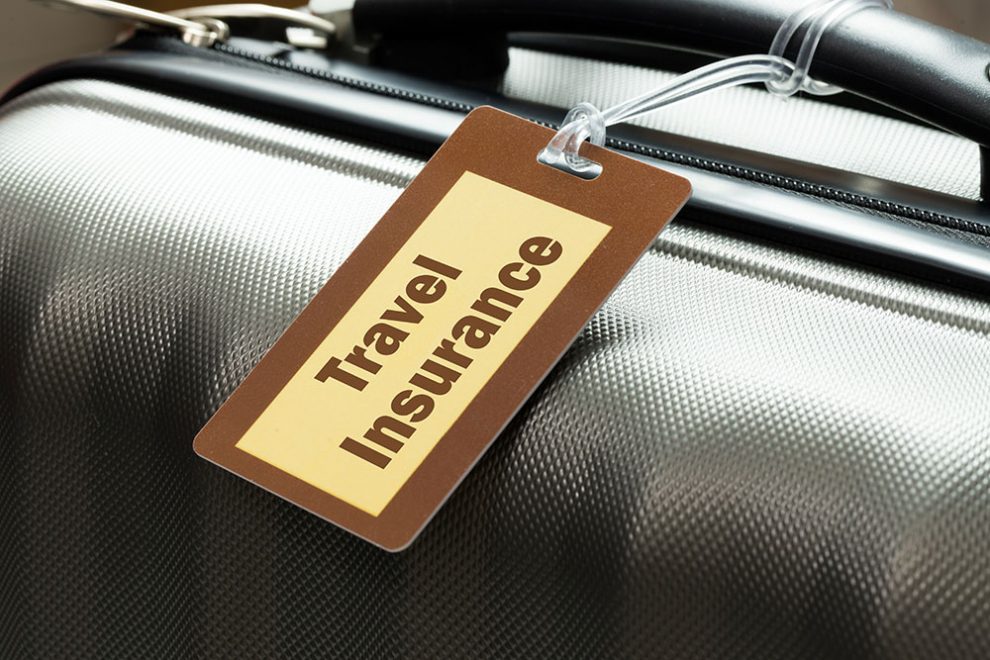The horrific terror attack in Manchester has triggered a change in travel advice for Australians headed to the UK. The terrorism threat in Britain has been upgraded from ‘severe’ to ‘critical’ (the highest of the UK’s four domestic threat levels).
What should travellers do if they are visiting the UK?
The Australian government today has increased its travel advisory to the UK from Level 1 to 2, cautioning travellers to ‘exercise a high degree of caution.’
Travellers headed to the region are advised to practice vigilance and to avoid the area surrounding Manchester Arena. Travellers should also expect an increased police and security presence throughout the UK.
Natalie Ball, director, Comparetravelinsurance.com.au says,
“The recent attacks in Manchester were an utterly devastating tragedy and our deepest condolences go out to those affected. In light of this horrific attack the UK has upgraded its terrorism threat level and is on high alert. Due to the heightened travel warnings issued by the Australian government it’s important for those travelling to the UK to exercise safety precautions throughout the country and the Manchester area.”
“To minimize risk, travellers heading to the UK should also stay abreast of all local information regarding any potential threats – talk to locals, read the papers and news websites. We would also advise you to register your travels with DFAT.”
How can travel insurance help?
Travellers headed to the UK may be hoping to cancel their trips in light of the attacks. However, most policies would exclude cover for cancellation fees as the government warning has not reached ‘Do Not Travel’ status. Travel insurance will usually provide cover for medical and repatriation costs to those directly affected.
At present only a few insurers on the Australian market, including Insure4less and Travelinsuranz, would cover you for cancellation due to an act of terrorism (and only if the government advice reaches “do not travel” status). New Zealand insurer TINZ also provides cancellation and trip disruption benefits in the event of a terror attack.
Ball notes,
“Generally speaking, despite the fact that many insurers list terrorism or acts of war as a general exclusion within their policies, the majority do have their customer’s best interests at heart and will judge every case and claim on its merits.”
Should you cancel your plans to visit the UK?
At present, with emotions running high it may seem tempting to cancel your travel plans to the UK. However, Ball says that the current state of perceived risk should be put into perspective.
“Acts of terrorism make front page news but the risk of dying in a terror attack is actually marginal- about 1 in 20 million. Risks such as car accidents far outweigh the probability of dying in an act of terrorism but we still continue driving each day. Try to avoid focusing on improbable risks.”
Travellers headed to the UK should take some comfort that security measures will be at an all-time high.
“The upgraded terrorism threat in the UK has resulted in increased security measures. Troops have been deployed to arm the streets and security has been stepped up at major public events and popular tourist attractions. Citizens and security forces will be using extreme caution and tourist areas will be closely monitored. While that’s not an excuse to abandon common sense, it’s important for travellers to keep seeing the world and not cower to terrorist threats.”























Add Comment